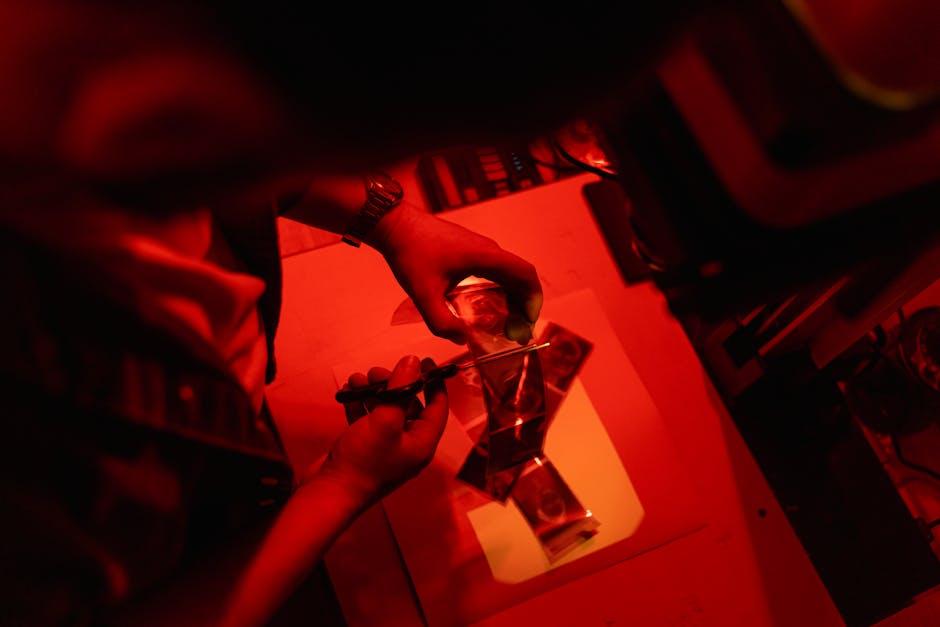Elon Musk, the billionaire CEO of Tesla and SpaceX, recently announced that he would be giving away $1 million to a random person who registered to vote in the upcoming U.S. presidential election. While many praised Musk for his efforts to encourage voter participation, the giveaway has also sparked controversy and now faces a second lawsuit.
The first lawsuit was filed by a group of plaintiffs who argued that Musk’s giveaway was illegal and violated U.S. election laws. The lawsuit claimed that the giveaway could be seen as a form of vote-buying, which is illegal in many states. However, a judge dismissed the lawsuit, ruling that Musk’s giveaway did not violate any laws.
Despite the dismissal of the first lawsuit, a second lawsuit has now been filed against Musk and his companies. This time, the plaintiffs are arguing that the giveaway is a form of voter suppression. They claim that by offering a financial incentive to vote, Musk is unfairly influencing the election and potentially swaying the outcome in favor of his preferred candidate.
In response to the lawsuits, Musk has defended his giveaway, stating that he simply wants to encourage more people to participate in the democratic process. He has also emphasized that the $1 million prize is being funded with his own personal money, not with company funds.
The controversy surrounding Musk’s election giveaway highlights the growing debate over the role of big tech companies in politics. As social media platforms and tech giants continue to play a prominent role in shaping public opinion and influencing elections, questions are being raised about the limits of their influence and the ethics of their actions.
It remains to be seen how the courts will rule on the second lawsuit against Musk. In the meantime, the billionaire continues to be a polarizing figure, with supporters praising his efforts to promote voter participation and critics condemning him for potentially undermining the integrity of the election process. Regardless of the outcome, Musk’s election giveaway has certainly sparked an important and timely conversation about the intersection of technology, politics, and democracy.
Hey Subscribe to our newsletter for more articles like this directly to your email.
